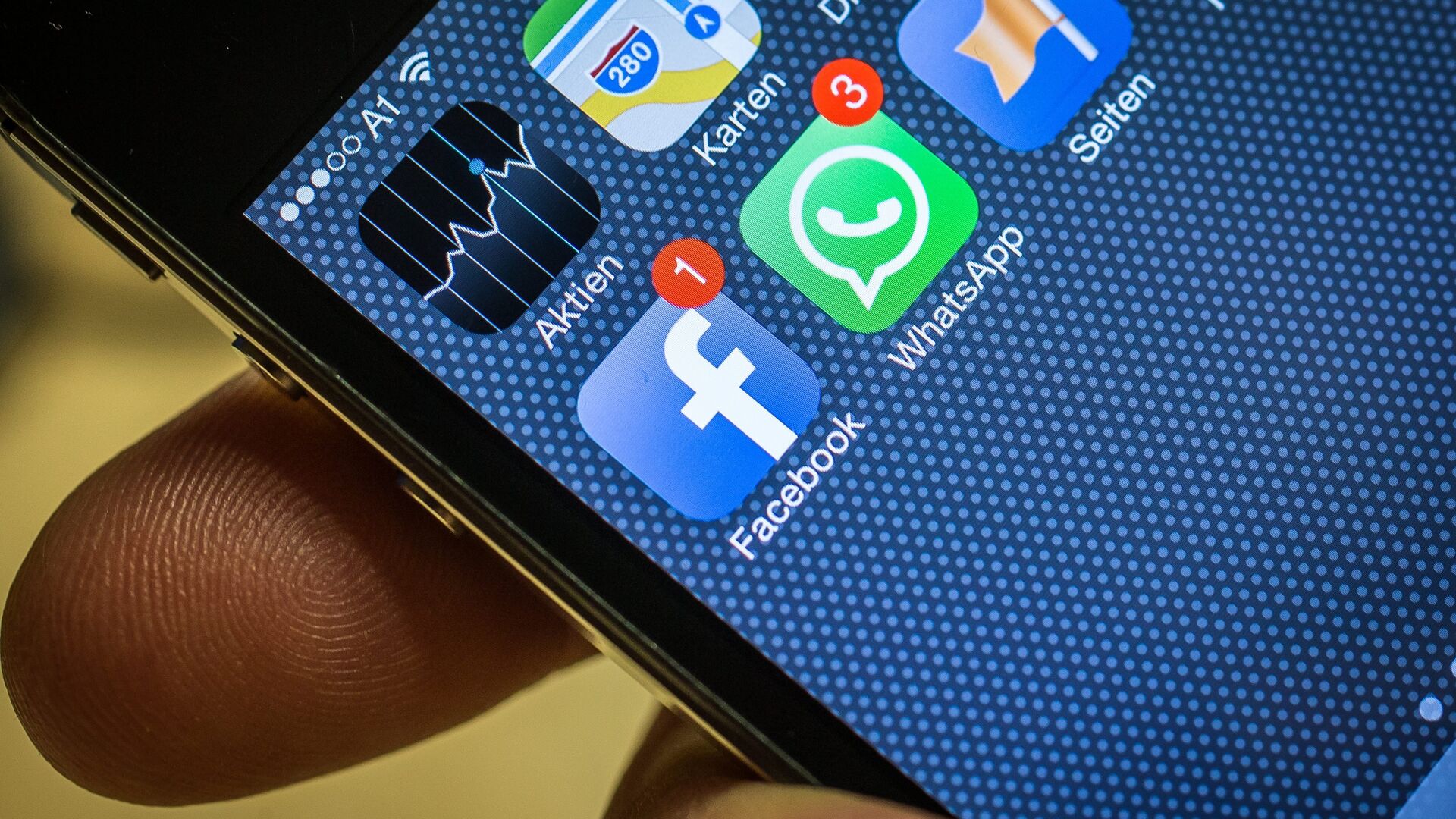Facebook Said It Doesn't Read WhatsApp Messages. Investigation Revealed the Company Lied
12:50 GMT 08.09.2021 (Updated: 18:23 GMT 03.11.2022)

© Photo : REX/APA- PictureDesk GmbH
Subscribe
The social media giant purchased the messaging service, used by approximately 2 billion users worldwide, in 2014. WhatsApp has made privacy one of its most important features and introduced measures to prevent users' information from falling into the wrong hands.
When in 2019 Facebook CEO Mark Zuckerberg announced the company's new privacy-focused policy, he mentioned WhatsApp's end-to-end encryption, which he said made it impossible even for the messaging service itself to access users' messages and their content, let alone Facebook.
Yet, a new investigation conducted by ProPublica has revealed that WhatsApp employs more than 1,000 contract workers across the United States, who examine "millions of pieces of users' content". According to the outlet, the investigation was based on interviews with current and former employees as well as data and documents obtained by ProPublica.
The contract workers use Facebook software to go through messages. Essentially, they are content moderators, sifting through messages and content sent by WhatsApp users and deleting those that violate its policies. That's what the company said after ProPublica published its article.
Yet, a new investigation conducted by ProPublica has revealed that WhatsApp employs more than 1,000 contract workers across the United States, who examine "millions of pieces of users' content". According to the outlet, the investigation was based on interviews with current and former employees as well as data and documents obtained by ProPublica.
The contract workers use Facebook software to go through messages. Essentially, they are content moderators, sifting through messages and content sent by WhatsApp users and deleting those that violate its policies. That's what the company said after ProPublica published its article.
"The decisions we make around how we build our app are focused around the privacy of our users, maintaining a high degree of reliability and preventing abuse", Carl Woog, WhatsApp director of communications told the outlet.
However, a complaint filed with the US Securities and Exchange Commission by a whistleblower and viewed by ProPublica, states that WhatsApp's remarks about protecting user privacy are false.
What About End-to-End Encryption?
One may say: "Hang on a second, how does WhatsApp manage to access user content if it introduced end-to-end encryption in 2016?" The method allows only the sender and recipient to see the information. According to ProPublica, when a person reports another individual, be it spam, misinformation, child porn, abuse, or unencrypted versions of the messages the alleged perpetrator sent are viewed by contractors, who then decide whether to flag or ban the person.
"This feature is important for preventing the worst abuse on the internet. We strongly disagree with the notion that accepting reports a user chooses to send us is incompatible with end-to-end encryption", a WhatsApp spokesperson said in a statement sent to Insider.
The ProPublica investigation is likely to reignite the public debate on where privacy begins and ends, as well as add pressure to Facebook, who has faced harsh condemnation in recent years for massive leaks of user information, in addition to the content that the social media giant allows on its platform and those of its affiliates.

